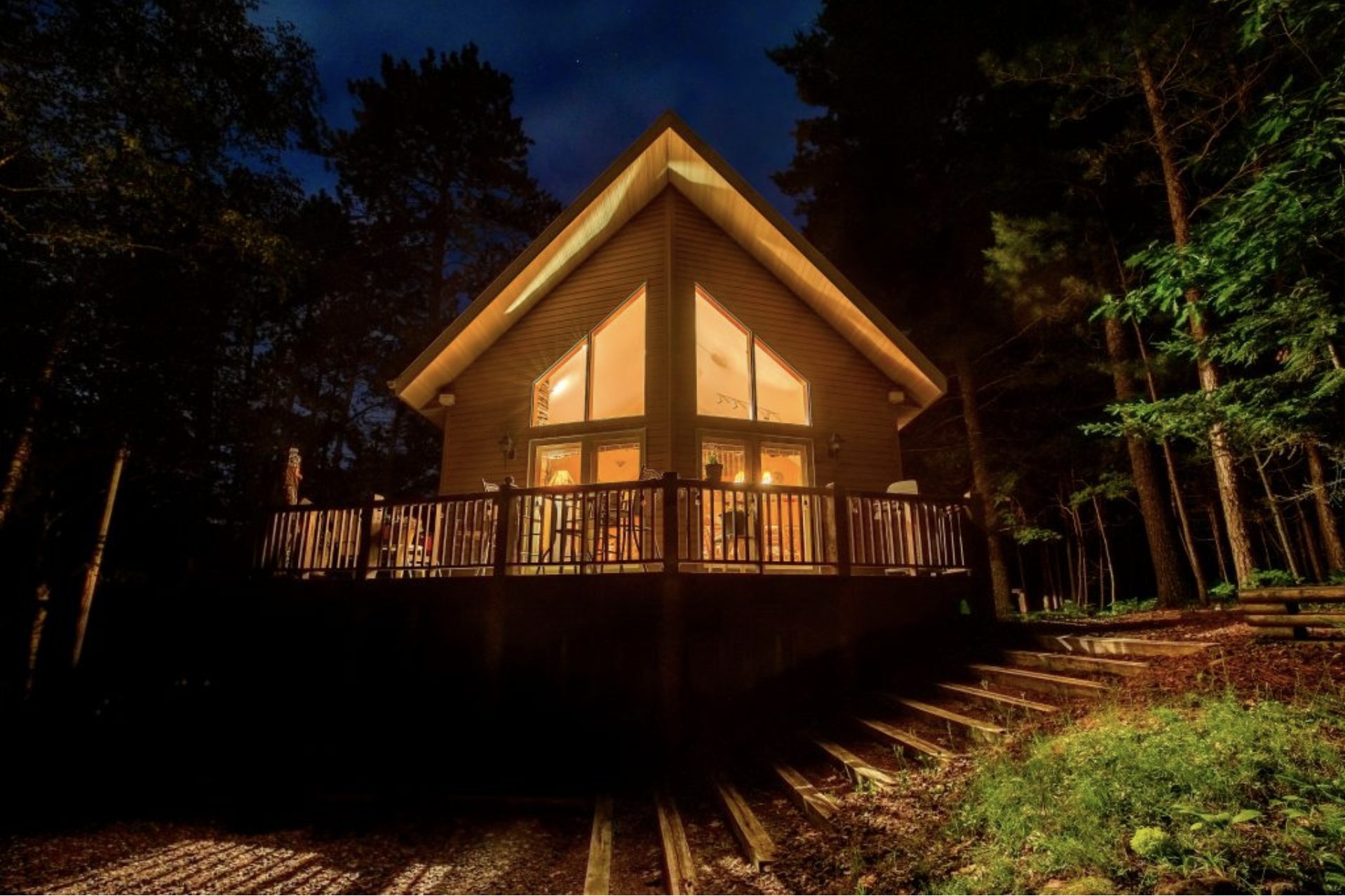
Owning a vacation rental or working towards a life in the countryside are fabulous ambitions for those who have already invested in real estate.
Owning your own home can give you many life choices down the track, especially when the family has grown up and moved out. Having a second residence or vacation rental is one of those #lifegoals achievements.
But is a vacation rental a sound investment?
While it can be the base for fabulous memories for you and your family, what is the possibility that you might make some money along the way by renting it out, using a property manager, Airbnb, or similar services?
As an experienced agent, I’ve learned that a vacation rental is rarely a get-rich-quick scheme. Your income will depend on the style and size of the property and the area in which you buy.
I’d also suggest that finding a profitable vacation rental requires more research than any other investment property.
It’s a good idea to talk to a local real estate agent such as myself about the area’s property values and vacation rental levels. You might also get some help online from Airdna (yes, Airdna!), which measures revenues and occupancy rates.
Here are a few issues to consider if you’re thinking of investing in a vacation rental. I hope they prove helpful to you:
- Revenue can be seasonal – It’s a rare property whose income doesn’t ebb and flow with the seasons. And remember, you can attract higher rents in peak periods. The downside might be when you wish to spend your time at the property.
- Location is critical—it will determine your income more than any other factor. Properties near a lake and a tourist spot will do very well compared with those in a town several kilometres from the nearest attraction. Try to find somewhere that’s a popular destination.
- Calculate costs—Due diligence is critical to ensure the rental does not become a cash-flow headache. Be sure you can handle any mortgage costs, insurance, taxes, maintenance, cleaning, and the rental company’s fees.
- Don’t underestimate maintenance. The property may stand empty for weeks at a time, which can lead to problems if left unattended.
- Check tax benefits – Use a professional financial adviser to maximize any opportunity to gain tax advantages and write-offs from your rental.
- Don’t be blindsided – If you spend a certain number of days in a vacation property or more than 10% of the days it’s rented, you could lose all tax benefits. Talk to your professional financial adviser to get the latest tax rules.

 Facebook
Facebook
 X
X
 Pinterest
Pinterest
 Copy Link
Copy Link